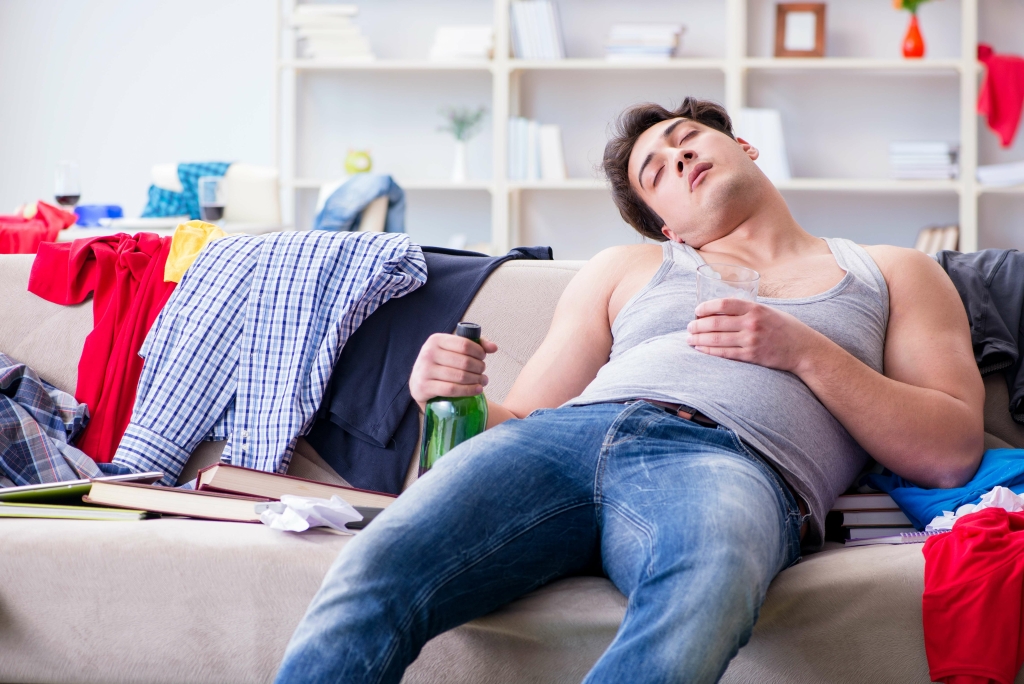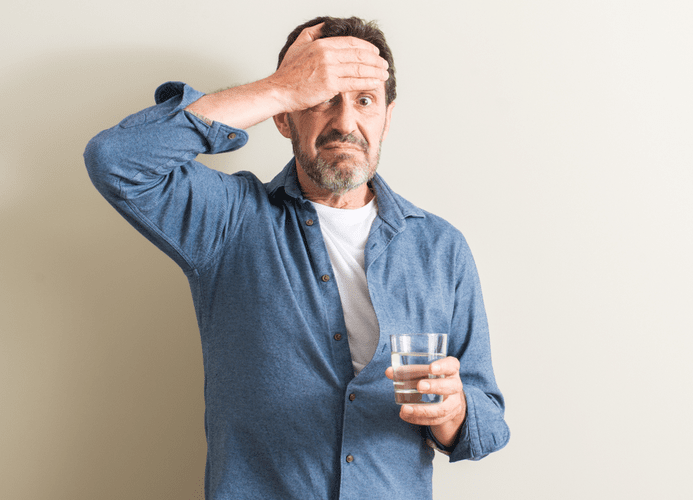Implementing these relapse prevention techniques into your daily schedule can greatly help reduce the risk of relapse. Contact a dedicated treatment provider to learn more about inpatient or outpatient treatment programs to learn more relapse prevention skills and get help today. It involves recognising and steering clear of environments, people, or situations that could trigger cravings and temptations.
How To Create a Relapse Prevention Plan
- If you’d like to learn more about mindfulness-based cognitive therapy or relapse prevention techniques, you can always reach out to a recovery expert for guided instruction.
- Self-care isn’t just about physical well-being; it’s also about taking care of your mental and emotional health.
- Understanding relapse, triggers, and treatment are important steps toward relapse prevention.
- Triggers can be anything from people, places, or objects that remind you of substance use.
Urges and cravings precipitated by psychological or environmental stimuli are also important6. Preventing the worsening is a critical part of all drug treatment programs and involves identifying the warning signs and triggers. Family and friends are encouraged to educate themselves on how https://thealabamadigest.com/top-5-advantages-of-staying-in-a-sober-living-house/ to stop enabling an addict and help them stay clean. It teaches individuals to stay fully present in the moment, cultivating an awareness of their thoughts and feelings without judgement. This practice can help recognise cravings as passing mental events rather than insurmountable urges.
Decades-Long Trial Proves Early Treatment Slashes Diabetes Deaths, but How Do We Identify Killer Condition?

Once a person becomes significantly physically dependent, withdrawal symptoms and drug cravings may be common side effects if drinking or drug use slows or stops suddenly. Someone who has grown dependent on a substance may not feel “normal” without it. Therefore, a return to drug or alcohol use may seem like a good way to get back to feeling OK, curbing withdrawal symptoms, and combating strong cravings.
- Early warning signs are subtle changes in a person’s feelings, internal experiences, and behavior that might signal a relapse is starting.
- Clinical experience has shown that common causes of relapse in this stage are poor self-care and not going to self-help groups.
- In addition to these common signs, patients may have their own unique indicators as well that signal they are drifting away from recovery.
- Triggers are the people, places, emotions, or situations that can lead to cravings and a potential return to substance use.
- Clinical experience has shown that this stage usually starts 3 to 5 years after individuals have stopped using drugs or alcohol and is a lifetime path.
Addiction and Mental Health Resources

The effectiveness of cognitive therapy in relapse prevention has been confirmed in numerous studies [11]. Preventing relapse isn’t as easy as saying no to opportunities to use again. Physical relapse is only preventable if you avoid high-risk situations.
- Smooth and gradual transition from a higher to lower level of care can additionally facilitate recovery, as it gives the patient time to adapt.
- Clients need to be reminded that lack of self-care is what got them here and that continued lack of self-care will lead back to relapse.
- They begin to disqualify the positives they have gained through recovery.
- It is one of many tools used by individuals recovering from a substance use disorder.
Breathing is not only connected to various essential functions throughout your body, but it also has a large effect on your brain chemistry. Breathing greatly impacts your emotions and helps regulate your overall mood. However, relapse can be an opportunity to reset, develop clear needs and goals, and continue. Refocusing on recovery and further relapse prevention with a care team is crucial. Most physical relapses are considered relapses of opportunity, meaning that they occur when an individual feels they will not get caught. Substance abuse relapse occurs when a person who has attempted to stop using a substance begins to use it again.
Identifying Triggers
But failure to cope with cravings and other mental stressors can result in a need to «escape» through relapse. Focusing on emotional wellness each day reduces restlessness, irritability, and discontent, Sober House which can build up over time and lead to relapse. When we think of role-playing, we might imagine actors rehearsing for a play. They try out different lines and actions, preparing for their performance.
Relapse prevention and other treatment strategies may consider the person’s environment, level of motivation, severity of their addiction, co-occurring medical and mental health conditions, and other factors, too. Your doctor or an addiction treatment center has treatments to control withdrawal symptoms. A therapist or counselor can teach you coping skills to deal with the negative thoughts or cravings that may be driving you to use again. When an urge comes, it can be difficult to manage it, especially in the beginning of recovery. A very helpful relapse prevention skill is making a list of healthy family members or friends who are also in recovery that you can call for support.
